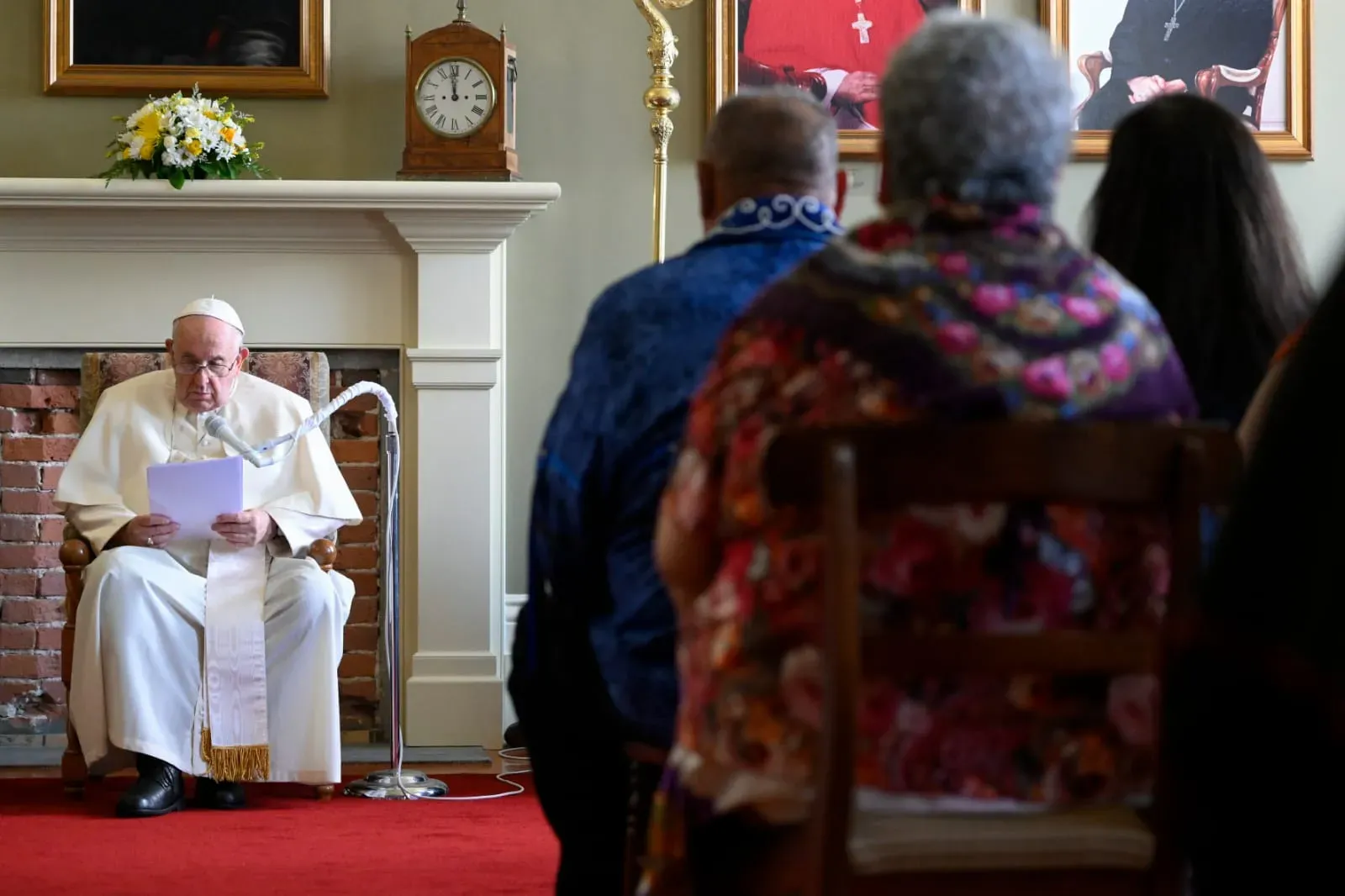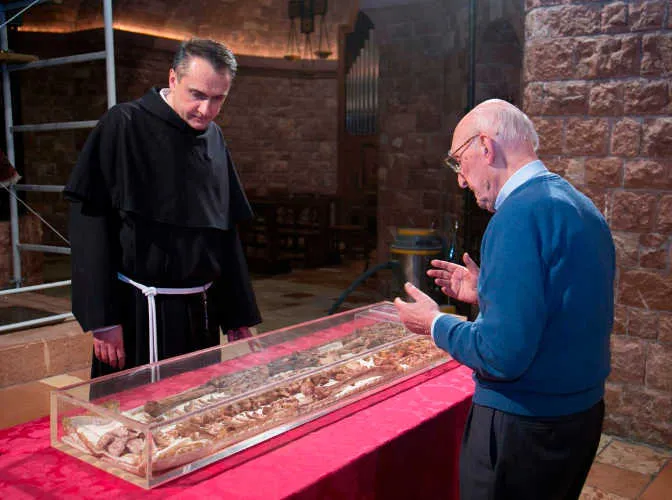St. Louis, 29 July, 2022 / 5:30 pm (ACI Africa).
In a brief address Friday to delegates representing nine indigenous nations of Canada, Pope Francis said he is returning home “greatly enriched” after his weeklong “penitential pilgrimage” to Canada, during which he publicly apologized several times for past abuses perpetrated by Catholics against the nation’s indigenous.
“I have come as a brother, to discover firsthand the good and bad fruit borne by members of the local Catholic family in the course of the years. I have come in a spirit of penance, to express my heartfelt pain at the wrong inflicted on you by not a few Catholics who supported oppressive and unjust policies in your regard,” the 85-year-old pope said, addressing the group gathered at the archbishop’s residence in Québec City.
The policies to which Pope Francis is referring relate to Canada’s residential school system, which during more than 100 years of operation worked to systematically stamp out indigenous culture and language, often by removing children from their families by force. Catholic organizations ran at least 60% of the government-funded schools.
“I have come as a pilgrim, despite my physical limitations, to take further steps forward with you and for you. I do this so that progress may be made in the search for truth, so that the processes of healing and reconciliation may continue, and so that seeds of hope can keep being sown for future generations — indigenous and non-indigenous alike — who desire to live together, in harmony, as brothers and sisters,” the pope continued.








